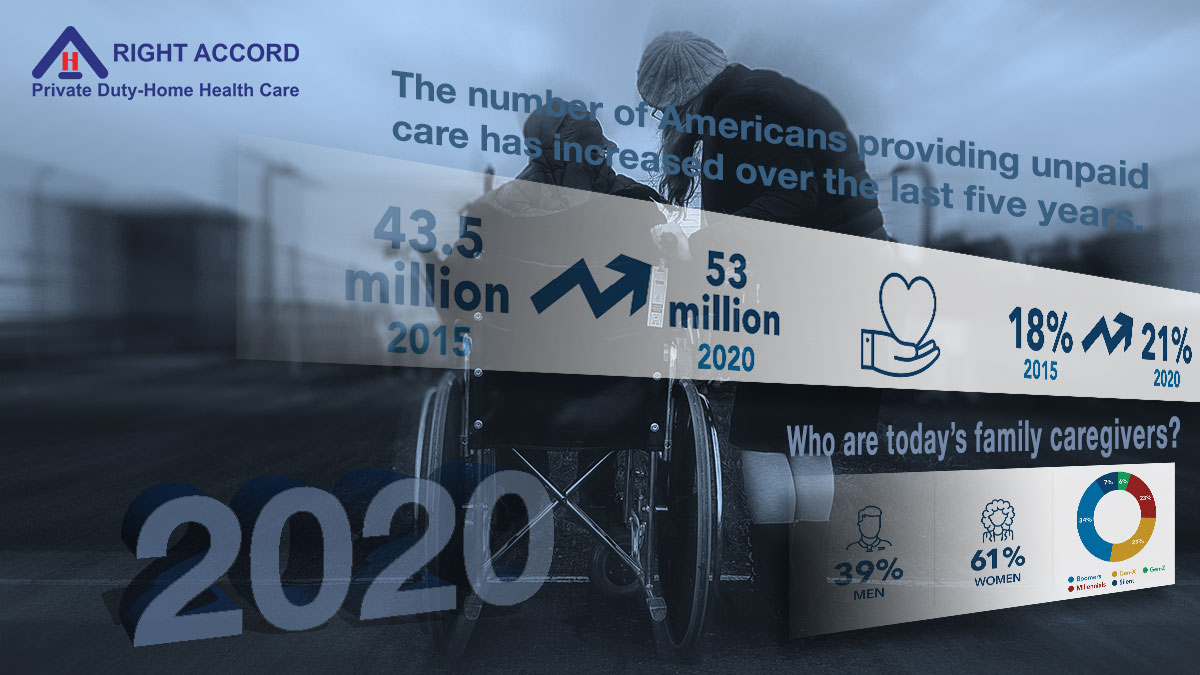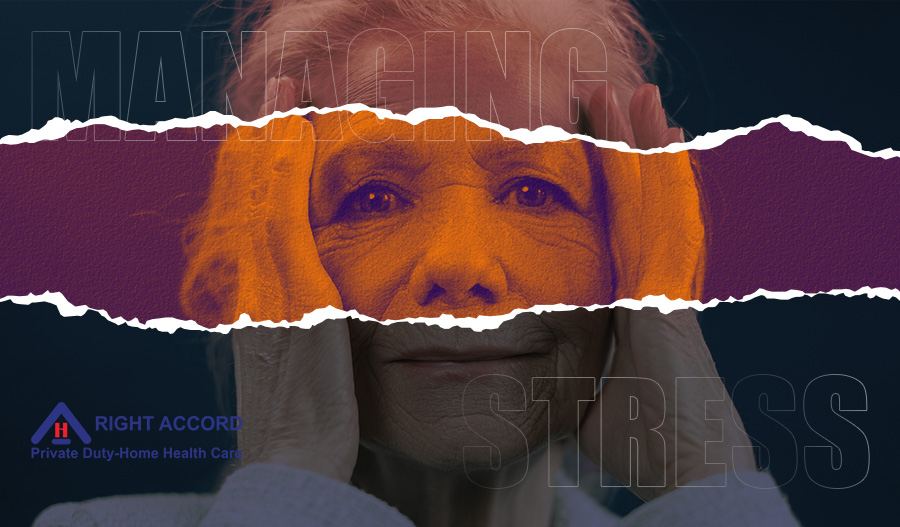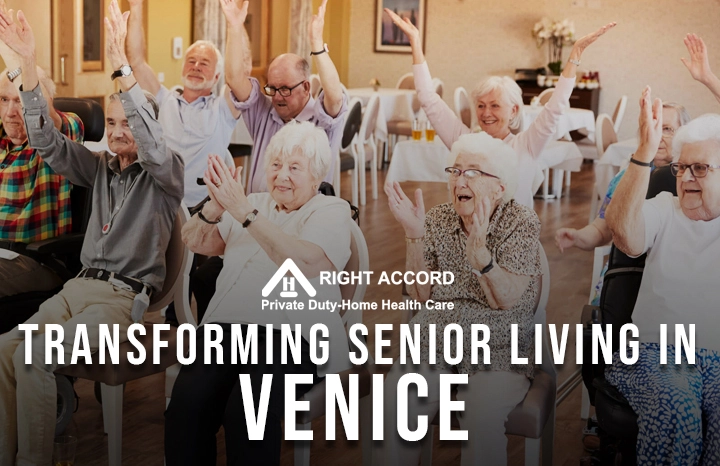· 7 min read
Coping with Cancer Diagnosis and Keep Living a Normal Life
Having a diagnosis of any type of cancer is not an easy news to take in and it is important to know how best to cope with the condition.
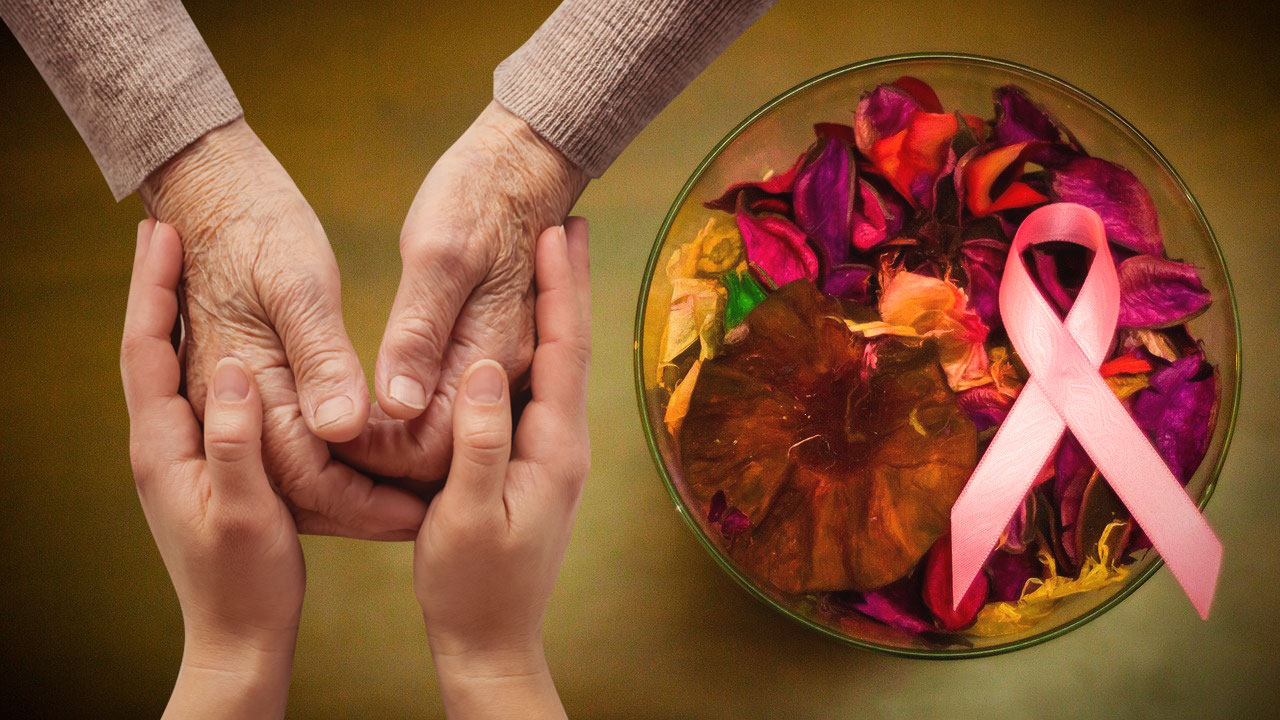
By: Rosemarie Tamunday Casanova
Imagine walking in to see your physician a day or two after complaining about the way you have been feeling for a while, and after having been examined and a series of tests carried out, now you have arrived and he drops the bombshell on you that you have a diagnosis finally — it is a certain type of cancer.
For some people, this is a mere imagination, or perhaps a captivating moment in a Hollywood blockbuster that they get to replay in their minds. Something distant that may remain so for the rest of their lives.
But for others, this is their reality or the realities of their friends, family or loved ones. We all will likely know someone who will suffer from a particular type of cancer in our lifetime. That person may even be us, especially if we live above 65 years.
The greatest predisposing factor to cancer is age and in the United States alone, more than 50% of all cancer patients are people above the age of 65.
It is so important an issue that the World Health Organization (WHO), has described it as one of the most wide spread disease conditions across the globe.
Having a diagnosis of any type of cancer is not an easy news to take in and it is important to know how best to cope with the condition.
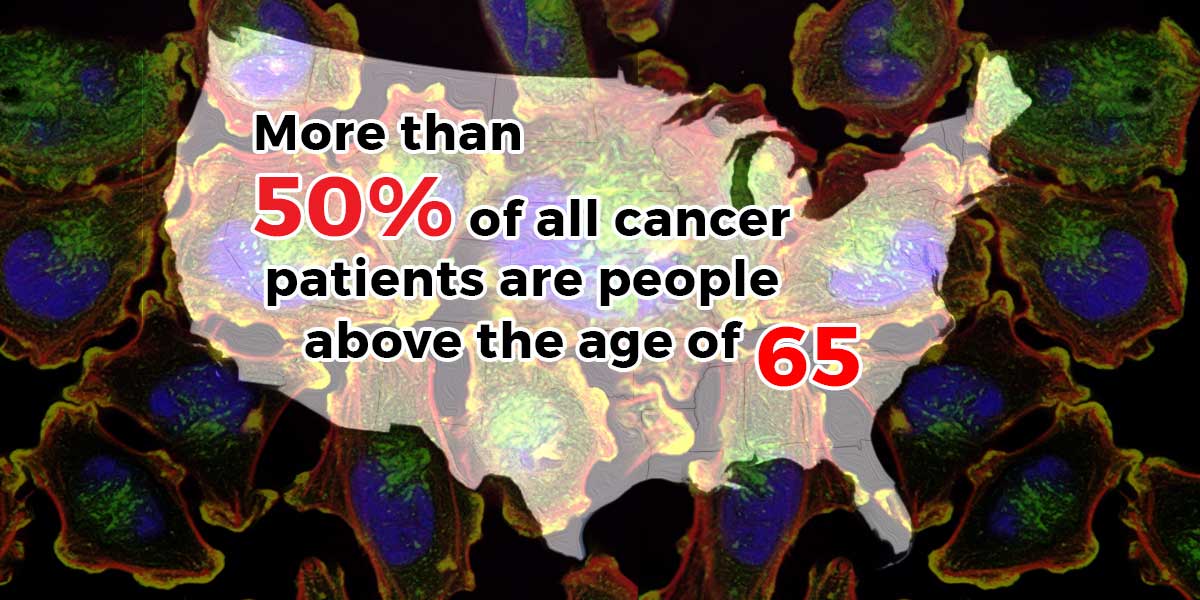
FINDING OUT ABOUT YOUR CONDITION
Usually, the doctor may invite you into an office where he explains the findings of the investigations carried out and thereafter, give you the news of the diagnosis.
This moment is usually very important in the life of the patient and therefore, psychological and emotional cushions are of great essence.
Go with a loved one: it is usually helpful to come along with a loved one when getting to find out about your diagnosis. As theatrically described at the start of this article, the truth is that patients can sometimes be hit hard by the rude shock of what they are suffering from and in that state of mind, assimilation of further information may become difficult.
Secondly, very emotional patients may need a hand to hold or a shoulder to cry on when greeted with the severity of their condition. It is at moments like this that a second presence becomes relevant.
Ask questions: A diagnosis does not always come with such emotional outbursts as not all cancers would be diagnosed at end stage, or untreatable, and terminal. Also, not all patients are given to the aforementioned reactions.
Whichever the case, the best approach is to get to understand the condition better. Get to know the severity and progress, the options available to you and which is the best for you giving your peculiarities.
IS IT NECESSARY TO GET A CONFIRMATORY OPINION?
Yes! If you find that you are still not certain about the diagnosis made by your doctor or that there are other investigative options that can give a more definitive verdict on the matter, by all means explore those.
But it is important to differentiate this from having a denial of what has already been established beyond doubt.
WHAT NEXT AFTER A DIAGNOSIS?
After this, the next stage will be to commence a treatment plan. Cancers are usually treated or managed on a tripod of approaches. One or more could be selected depending on the type of cancer, what part of the body it is located, the stage at the time of diagnosis, its size and also importantly, if any other distant parts have been secondarily affected.
These treatment options are:
- Chemotherapy: Which involves the use of drugs to reduce or eradicate the cancer cells.
- Radiotherapy: Which is the use of high doses of radiation to destroy the cancer cells and to shrink the bulk of the tumour.
- Surgery: The cancer-affected tissues may sometimes have to be cut off or reduced in bulk.
HOW CAN I COPE WITH THESE?
The course of treatment can be a long and tortuous journey and one would need all the help they can get on it. It is also beneficial to arm yourself with the necessary tools and knowledge to better sail the process.
INFORM CLOSE FRIENDS AND FAMILY: Because of the need for physical assistance and the psychological strain it may put on you , it is best to involve your close friends and loved ones. These are the people who will be able to help you do things you would usually do for yourself but no longer can.
They can also provide love, warmth and comfort in the bad days and share your joy in the good ones. Family and friends can be a strong pillar in winning your fight against cancer.
RESEARCH YOUR CONDITION: It is good to have on your finger tips the details about your condition, this is so that many developments and turn of outcomes won’t take you unawares.
The more you understand your condition, the less anxious you will become and the more contributive you will be to your own wellbeing.
HOW MUCH MONEY WILL BE INVOLVED?: Cancer management can sometimes be protracted and financially challenging. Thankfully, there are checks and soft landings available today such as health insurance, management organizations, and government health subsidies for certain countries. These should be looked into and the best available should be made use of.
Furthermore, people are willing to help in situations like this; family, friends, well wishers and even strangers. If you wish to and if you need it, you can also engage these people through contribution platforms that are also available online for purposes such as these.
CONNECT WITH GROUPS: Find people, groups, and fora made up of cancer survivors. Interact and learn from their experiences and their stories. Understand how they best fought theirs and the mistakes they made. Be encouraged by them and implement their techniques.

Photo by Peter Boccia on Unsplash
PROFESSIONAL AID: Certain cancers may be debilitating, affecting one’s previous abilities and capabilities. There may also be other exclusive health conditions or those arising from the cancer itself or its management. All these can affect the standard of living of the patient, preventing them from carrying out mundane activities such as feeding, exercise, or even self grooming.
Professional aid is usually advised especially for patients at home. Home health care agencies can provide you with in home senior care services. This will take away the burden of such challenges and ensure that a professional is always available when needed.
Professional help could be offered in-home by a doctor, a private nurse, physical therapists, as well as home health aides.
LIVE YOUR BEST LIFE: Cancer is not always a death sentence. And equally important as the treatment is the mental approach to the treatment. You do not necessarily have to shut down your life because you are battling the condition, so as much as you are capable, do get involved in life, your career, learning and experiencing. Do not let life pass you by.

Photo by Pablo Heimplatz on Unsplash
Coping with cancer can be one of the most challenging periods in a person’s life, especially the elderly. However, many are treatable and not all will eventually lead to death.
There are several instances of people who have had and beaten cancer in their lifetime and you can be one of them. The above outlined strategies can be of immense help in your journey to winning.
